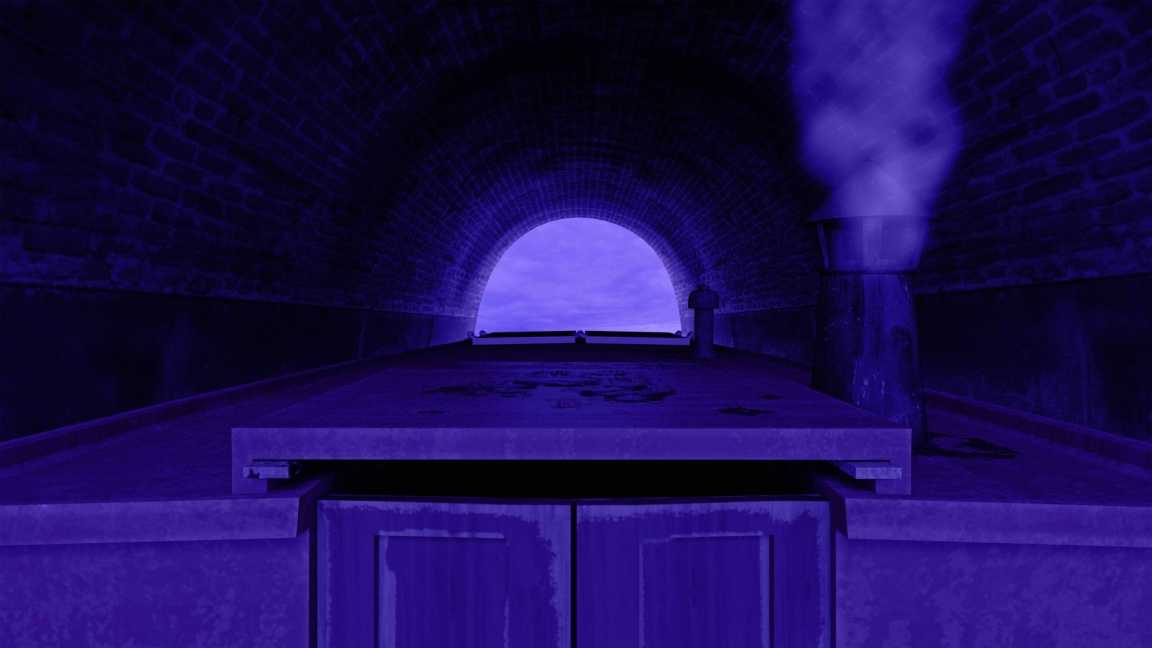Harun Morrison (DAI, 2020): "I attempt to dissect the idea of temporal collage through my autoethnography as a boater on my narrowboat liveaboard, Zoar, originally built in 1975. I have owned this boat since 2019, having lived on and off the water for the past five years, previously on another narrowboat, Bruno. I am currently exploring these reflections through the development of a video game, Zoar Returns. Pictured are stills from the short trailer for this game-in-the-making. Zoar is the unmanned protagonist, modelled on my boat." Find the link to Harun's essay: Temporal Collage and Producing Escape: What is the relationship of modernization to boat living? 🛶⚓️ here..
Harun Morrison's text is part of the e-publication ‘Architectural Dissonances’. A collaboration between the Decolonizing Architecture Advanced Studies program at the Royal Institute of Art. Stockholm & L'Internationale Online at the HDK Valand, Gothenburg.
Find it here: tinyurl.com/ms5pksrp
“The compositions, essays, videos and architectural projects in this collection explore strategies and modalities of practicing and investigating beyond the predominantly western modernist architectural canon. The European colonial/modern project constructed its identity in opposition to ‘other worlds’ labelled as traditional or backward. The suppression of alternatives was, and is, an attempt to create a singular colonial/modernist canon; hence modernity cannot exist without the disqualification and degradation of other approaches and world views.
Echoing processual music terminologies, the dissonant structures and practices outlined in this collection transform, twist and interfere with the surrounding context, with the potential to change the ideologies of the fixed urban form.
Through the approach of decolonial thinking, being and doing, one question that emerges is how to fundamentally rethink, and offer ways to reimagine, society through spatial practice – beyond the utopian universalist constraints conceived within modern architecture.
Recognising the limits and slippages of academic disciplines such as architecture, art history, museology and curating, and encouraging practices of unlearning, our task is therefore to situate a critical conversation around decolonization in Europe by challenging western epistemologies in relation to architecture, living and working spaces, territories of care, urban and rural planning. “
___
The collection includes essays and works by Suha Hasan, Malin Heyman, Sepideh Karami, Lais Myrrha, Harun Morrison, Joar Nango, Itohan Osayimwese, Victoria Ogoegbunam Okoye, Laércio Redondo, Ayedin Ronaghi, Emilio Distretti and Alessandro Petti.
Editors: Corina Oprea, Alessandro Petti, Marie-Louise Richards, Tatiana Letier Pinto & Roberta Burchardt.

